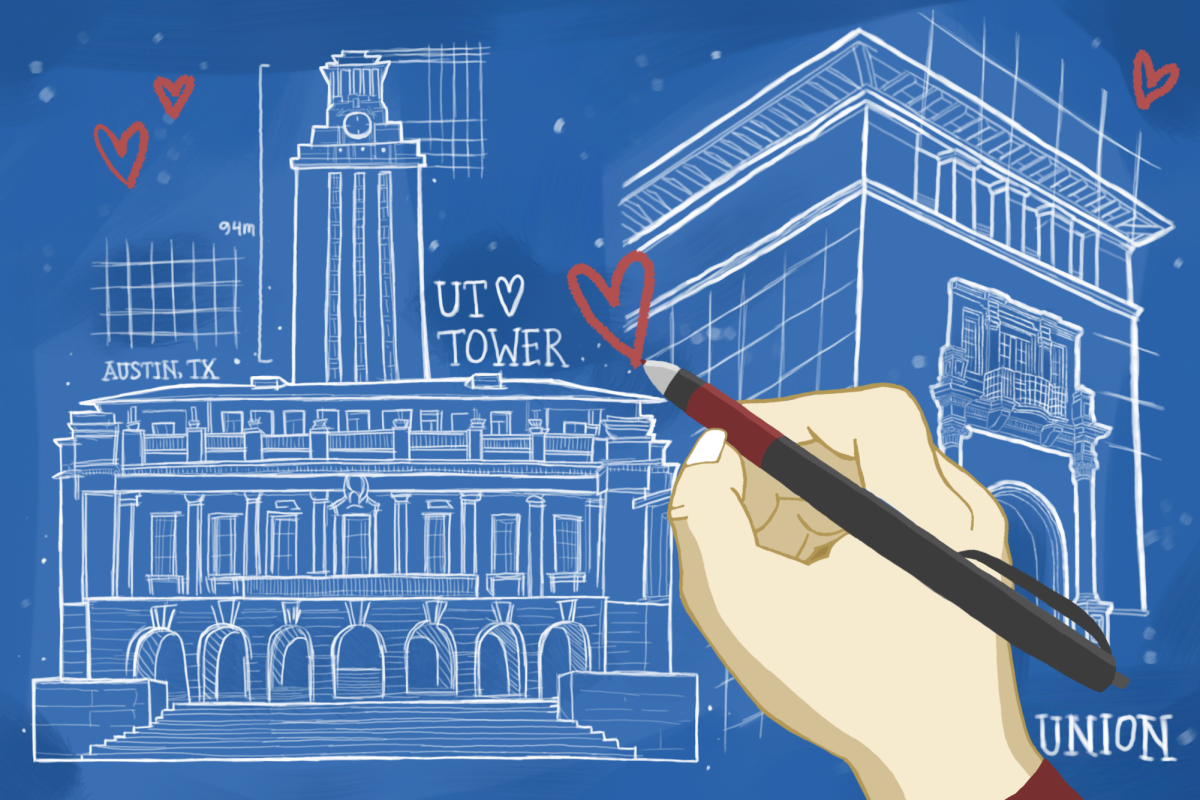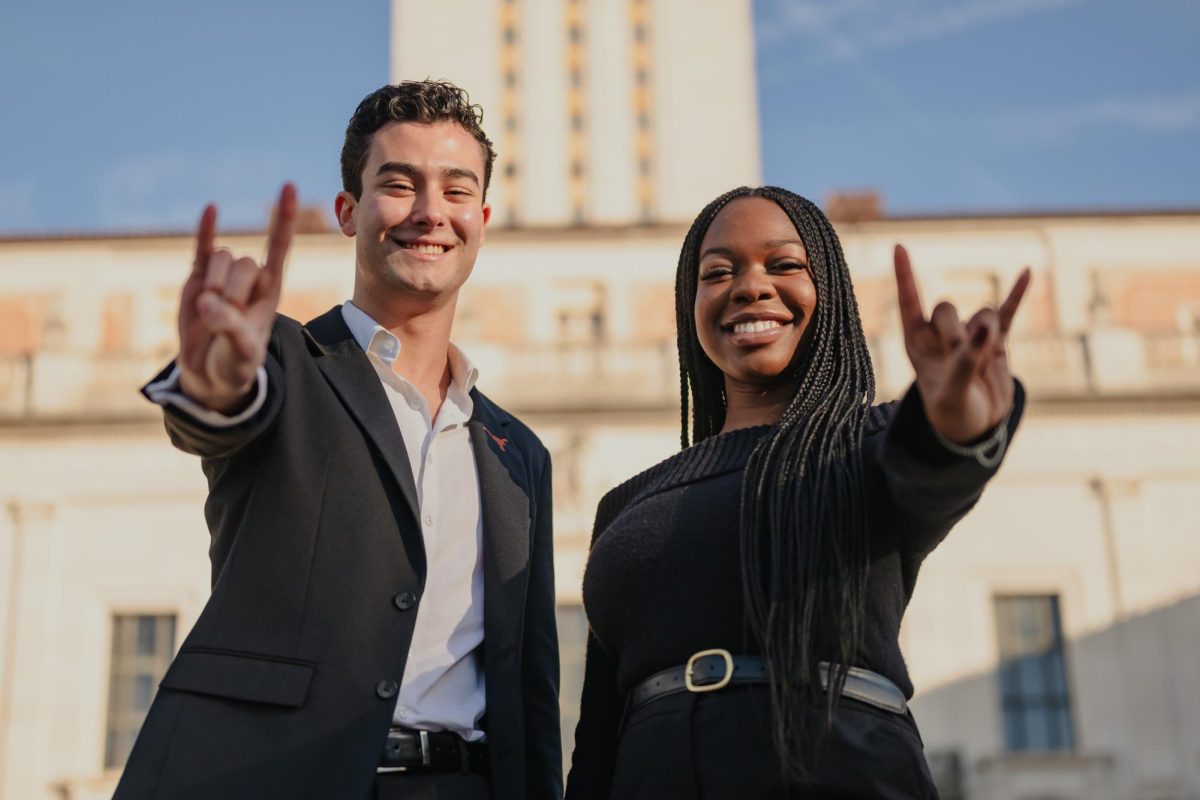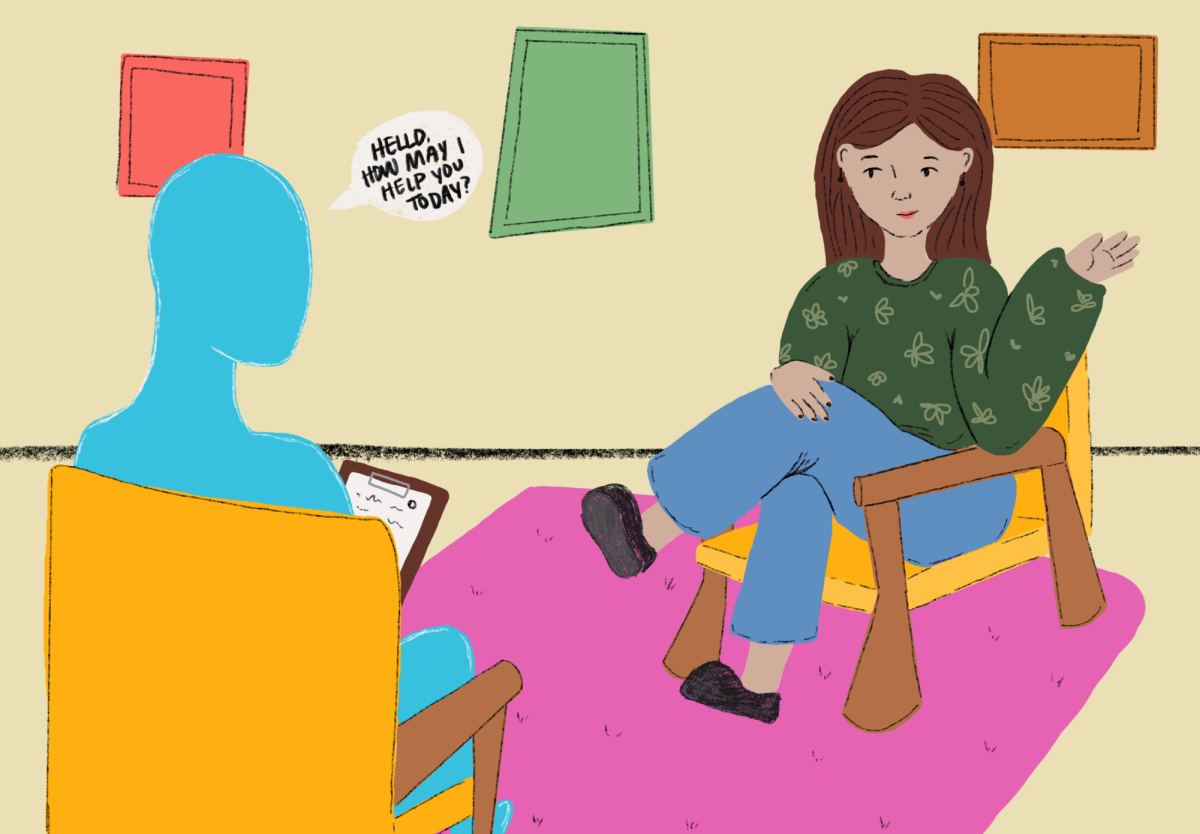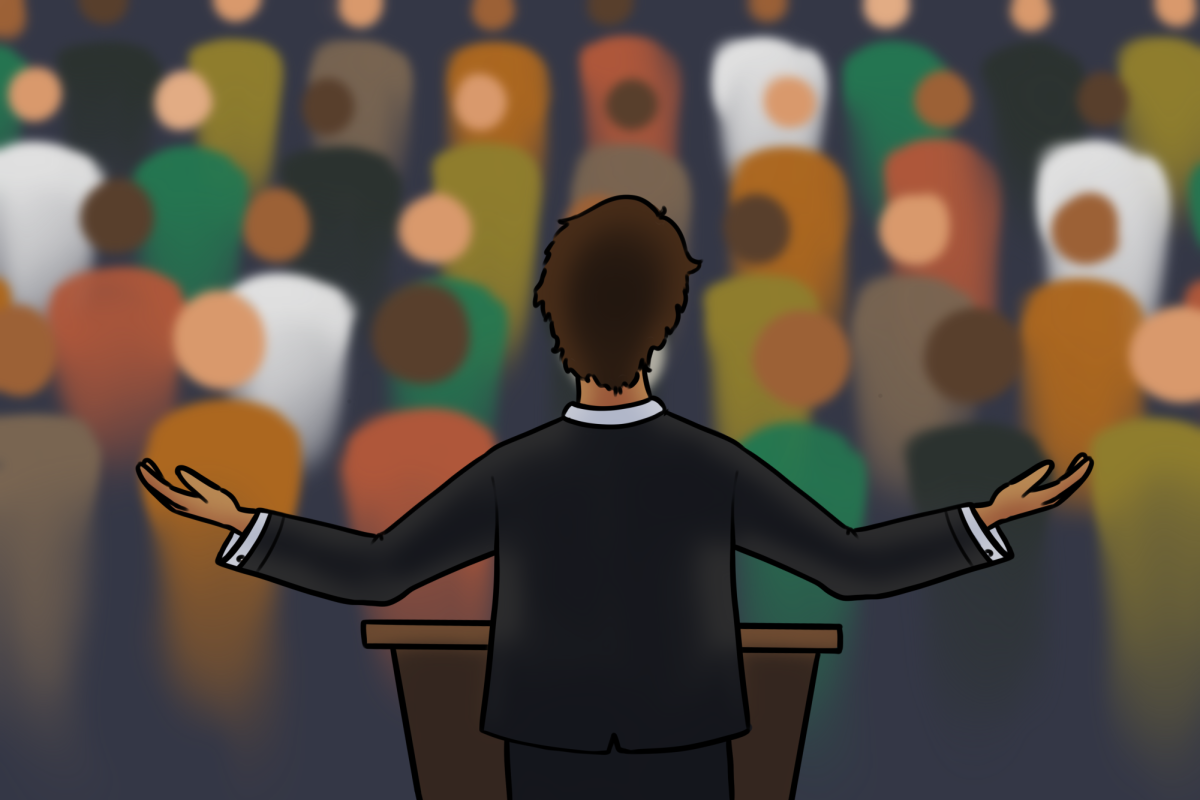Editor’s note: On Feb. 9, Pat Clubb, vice president for University operations, and Juan Sanchez, vice president for research, sent a University-wide email alerting the campus community that the Cancer Prevention and Research Institute of Texas will no longer fund research at institutions that do not have a tobacco-free campus policy. University administrators are expected to reach a decision on whether to impose a campus-wide tobacco ban by March 1.
UT recently sent out a mass email telling us all that we will be converting to a tobacco-free campus in the next couple of months. The reasoning? Money, of course. In order to qualify for more than $80 million in new research grants — and to maintain more than $30 million in grants we already have — from the Cancer Prevention and Research Institute of Texas, the University must become smoke-free.
I feel like I should be jumping on an anti-administration, anti- “the man telling me what to do with my own body” kind of rant. But I can’t.
The first thing I thought about when I heard about the ban was an experience I had freshman year. I had a one-hour break in my schedule, so I used to go to the Honors Quad, pull out my book and lay in the sunshine and read. Birds would chirp, squirrels would frolic and boys would play frisbee; it was a quintessentially collegiate scene.
But my tradition was prematurely ended with the arrival of a man and his cigar. He would light up, and the breeze changed from a welcome coolant to a harbinger of repulsiveness. Even 20 feet away, I could still smell it. My study spot was ruined.
So while my freshman-year self is rejoicing at imminent punishment for the cigar smoker and all his foul-breathed brethren, I can’t help but wonder: Is it fair? Just because I hate the smell of cigarette smoke, is it fair for the University to make it so no one can smoke? As a self-professed “crazy liberal,” don’t I believe that people should have the freedom to choose what they do with their own body (as long as it doesn’t harm others)?
Sure, there’s the issue of secondhand smoke, but if it’s outside, we can just do what I did freshmen year when confronted with cigarette smoke: walk away. And how can I judge faculty and staff that work hard all day at their jobs? Shouldn’t they be able to enjoy a cigarette during their break without having to walk several blocks to get off campus?
But faculty members that smoke are adults who are used to going to restaurants, visiting libraries and using public means transportation that are smoke-free. Plus, millions of other adults work in tobacco-free environments across the country.
The biggest worry I have is whether letting UT take away this choice from us will be the first step toward metaphorically Patriot Act-ing away other freedoms as well. What if UT decided to stop selling sodas and shut down Wendy’s and Taco Bell because the food is too unhealthy? When it’s Frosties instead of cigarettes on the line, all of a sudden, I’m a lot more upset about losing a freedom.
But here’s the thing: The freedom to smoke cigarettes is essentially the freedom to participate in an activity that slowly, painfully and most assuredly kills you from the inside out. And while Frosties aren’t exactly healthy, they will not turn your lungs black or require you to get a hole drilled in your throat so you can continue breathing.
Many things are carcinogenic or unhealthy for you, but usually only if they’re used in excess, like drinking alcohol, eating fatty foods and using the microwave.
Every single time you smoke a cigarette, it’s bad for you. There’s something profoundly disturbing to me about a university that decides to stand idly by and watch young people in the prime of their life, or any people for that matter, throw away their future health and vitality with tobacco.
Even though it pains me to be on the side of the establishment, big money, Student Government, the administration and poor spelling (for anyone who saw the University-wide email), I firmly support our University’s decision to adopt a policy that ultimately cherishes the health and well-being of our student body above all else — even if it wasn’t decided for that reason.
Taylor is a Plan II and rhetoric and writing senior.




















